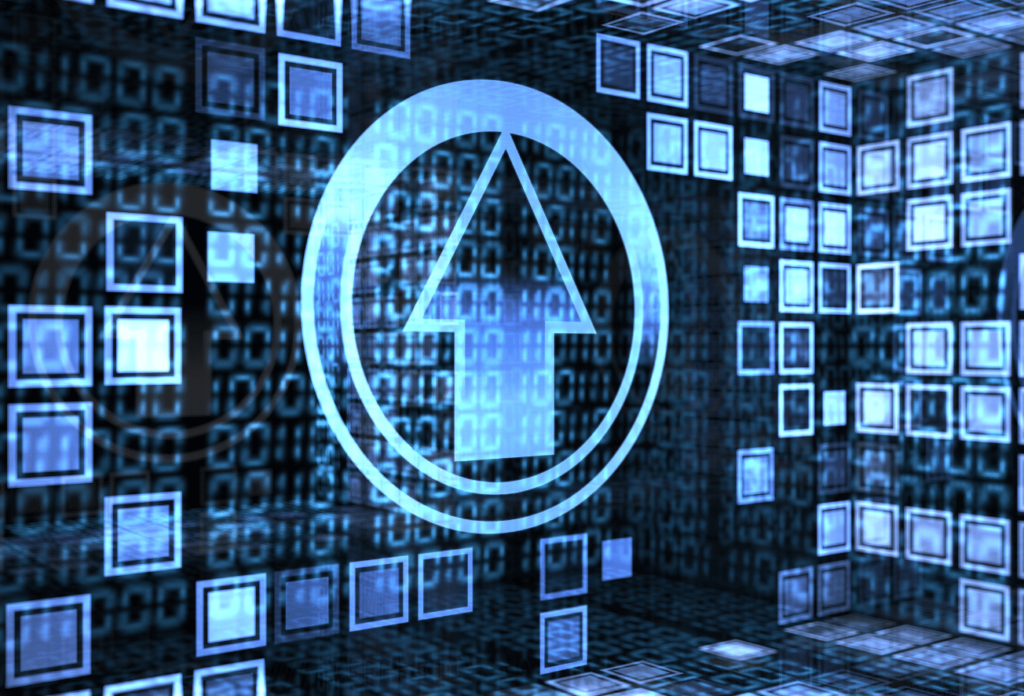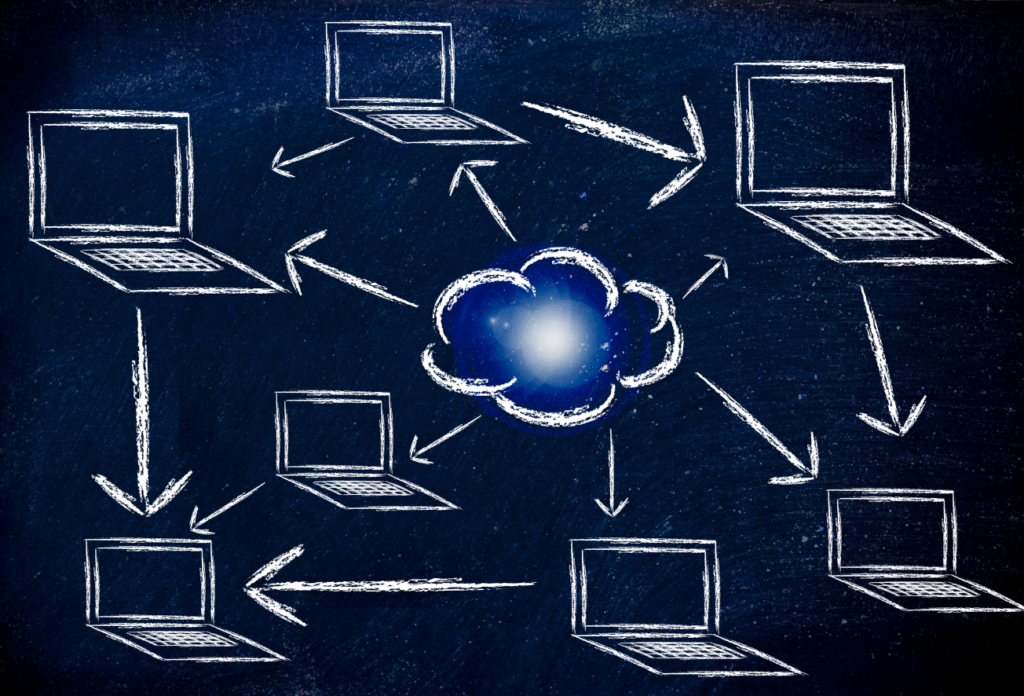
The U.S. and the entire world are in the middle of the most extensive mass vaccination effort ever. The pandemic and inoculation are also creating lots of data. That’s data that needs to be shareable and exchangeable. In other words, immunization interoperability is paramount right now. The problem is that healthcare interoperability, in general, has a myriad of challenges and barriers.
The U.S. healthcare system is not a national one. That’s a big part of the problem. There’s no consistency around data or how to share it. Additionally, providers all use different EHRs, some that can exchange information easily and others that cannot.
Immunization interoperability issues aren’t new. The pandemic just shined a brighter light on them, like with so many others.
The U.S. Has 61 Immunization Information Systems
Did you know that the U.S. and its territories have 61 independent immunization information systems (IIS)? These align with different city and state health departments, and the CDC has governance.
In 1998, there was a movement toward a national immunization registry, but it failed to gain traction. Instead, the IIS were established. While they do follow national standards, the operation is at the city and state level. Further, states also dictated immunization requirements for their citizens.
How Immunization Interoperability Works Now
While it would seem that data is living in silos, there are current processes in place. Providers enter immunization information of patients into their EHR and send it to the IIS. In turn, some public health programs can access the information. IIS also sends information back to the EHR to support forecasts.
Unfortunately, due to the lack of standardization around healthcare interoperability and data, it’s not effective across the board.
The data exchange becomes complicated because there are inconsistencies in data formats, standards, and access. Different types of providers perform inoculations, such as primary care physicians, pharmacists, and hospital clinicians.
What’s the Answer for Immunization Interoperability?
There’s no one answer or one pathway. Immunizations are just one small part of the bigger picture of healthcare interoperability. We’re just all more aware of immunizations right now and the discussions around digital vaccine cards or some other method of tracking and validating vaccines.
Standardization of data formats is necessary, so that requires agreement with regulatory bodies and EHR companies. Simplifying the IIS seems like a smart option, as well. But, should there be only one? That’s probably not going to happen, just like there’s not a national patient identifier. The U.S. doesn’t have a national healthcare system. Each state has different laws and rules, and healthcare is, in most cases, a private business.
Investment in public health technology infrastructure is another must-have. The CDC is on board with this with its Data Modernization Initiative.
Data Must Be Interoperable to Be Actionable
The bottom line is that healthcare data must be interoperable to be actionable. If this information is only available in a limited capacity, it can’t serve the individual patient or the greater public. We’re extreme advocates for removing obstacles around data sharing. Data is the fuel for every industry’s future, and healthcare is no exception.

